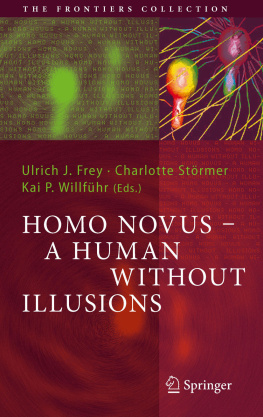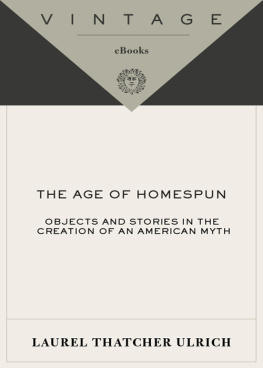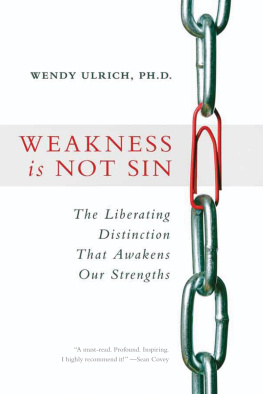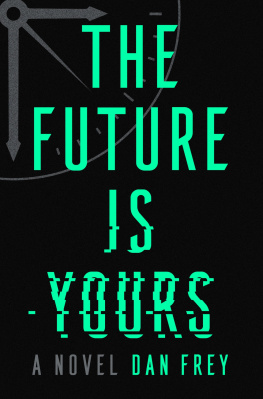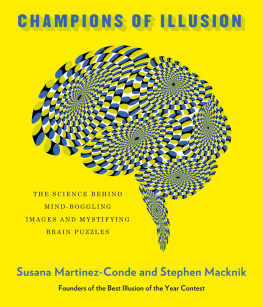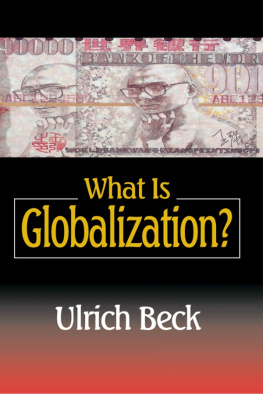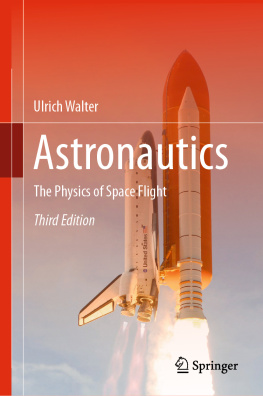Ulrich J. Frey , Charlotte Strmer and Kai P. Willfhr (eds.) The Frontiers Collection Homo Novus A Human Without Illusions 10.1007/978-3-642-12142-5_1 Springer-Verlag Berlin Heidelberg 2010
1. Introduction
The title of this volume Homo Novus might need an explanation. In ancient Rome a homo novus was the first man in a family to serve in the senate. A second meaning attached to it is that of a parvenu or upstart. Neither meaning is intended here. Instead, we consider the third and most recent meaning, that of a freshman or a new beginning. The exploration of a new scientific field would be an example of such a new beginning. Often, such a new scientific beginning requires a revision of established theories and beliefs. To integrate or even replace old theories with new and fresh ones is difficult and cumbersome, and thus needs ambassadors and advocates with bold arguments and a new perspective. In particular theories and concepts that go against our intuition need perpetual support from keen thinkers.
Such new thinkers are endowed with a new self-perception and consequently a new conception of the world. They are willing to embrace not only one scientific revolution, but severaland see them as a chance and not a burden. They are able to follow a revolutionary insight such as the Darwinian theory of evolution into its diverging disciplines and explore its consequences.
Different scientific disciplines such as philosophy, psychology, ethnology, neurobiology, anthropology, and primatology are united by the interface of Darwinian evolutionary theory. Humans and their behaviors are a product of evolution. Contributors coming from these different areas of scientific research make this book a truly interdisciplinary work, throwing new light on human abilities and characteristics. In this way they are the pathfinders of future homines novi and at the same time building blocks of this enterprise.
There are six main illusions that are addressed in this volume:
Humans are exceptional
We are independent of our sociobiological roots
The biological imperative does not matter to us
The past does not echo in our heads
Moral, Religion and Culture are social constructions
We are free in what we want
In the first part, Bernulf Kanitscheider, Volker Sommer, and Julia Fischer try to answer the question of whether humans are truly exceptional, the answer being that we are just one species among many, not the crown of creation.
Kanitscheider analyses the transition in perception that displaced the earth from the cosmic center to a relatively peripheral place in space-time. The view today is: We are probably living in an infinite multiverse or in one of a countable infinity of duplicates. We have to cope with the fact that there are no margins, no borders, and no distinguished places at all. All that is left is a slight coherence between the universes, as they share a common origin.
Volker Sommer and Amy R. Parish look into the question: What is culture? Do apes and other animals have it as well? They explore whether or not there is culture in nature. This topic is particularly fascinating, because from antiquity onward culture has always been regarded as a distinctive attribute of humans.
Julia Fischers contribution is about major differences in the language abilities of humans and animals, particularly apes. She is interested in how communication works in animals compared to how humans use it. Are there elements in language use that are unique to human language?
The next part is about the illusion that we like to think that we are independent of our sociobiological roots. Christian Vogel, Robin Dunbar, Detlef Fetchenhauer, and Julia Pradel dispel this myth quite thoroughly. Vogel discusses how moral codes and ethical systems are based on behavioral tendencies which we have acquired though natural selection from our genome.
Robin Dunbar makes it clear that our brains are at their core social brains. They developed according to certain selection pressures in the mammal group. Culture is able to build upon this, but not without constraints. This means that we have to recognize certain biological limitations concerning human social behavior.
Julia Pradel and Detlef Fetchenhauer try to reconcile the paradox of altruism with evolutionary theory. They argue that there are stable altruistic intentions, which are recognizable by others. Based on these abilities, altruists cooperate electively with each other.
The third part emphasizes the point made by Illusion Number 2: We have to heed the biological imperative. What does this mean? Charlotte Strmer, Kai Willfhr, Virpi Lummaa, and Rebecca Sear explain this by pointing out that our lives are shaped by many different external influences. Working with life-history theory, which asserts that the allocation of resources is a permanent trade-off in life, these three chapters deal consecutively with trade-offs occurring between maintenance, reproduction, and growth. The high costs of investment in maintenance effort are the main subject in the chapter by Charlotte Strmer and Kai Willfhr. They argue that all types of mortality crises (social, epidemiological, and subsistence crises) that we might be exposed to in early life have long-term consequences, and point out that all these consequences might be mediated by impairment of the immune system.
Virpi Lummaa focuses on the costs of reproduction for women and the impact of reproduction on senescence. Depending on the environment, either fast or slow life histories are favored to increase individual fitness.
In the third chapter Rebecca Sear discusses the question of whether taller is always better in terms of reproductive success. She outlines that the relationship between height and reproductive success is heavily dependent on the environmental context.
Ultimately, all authors in this section conclude that we are far from leaving the biological imperative behind. It has always been easy to see that we do not have any control over our birth, but it is far more difficult to recognize that the same is true for other stages in our life (e.g. the decision when to marry or to have children).
Since the past echoes in our heads, Athanasios Chasiotis and Harald Euler both argue for a human evolutionary behavioral science. Above all, psychology should be informed by evolutionary theory. Chasiotis first warns of the danger of dualistic psychology, then goes on to explain how developmental histories are the result of strategic decisions of the organism in response to the complex interplay of environment. Moreover, it is surprising to what extent cultural differences can be explained instead by childhood context, e.g. the number of siblings.

